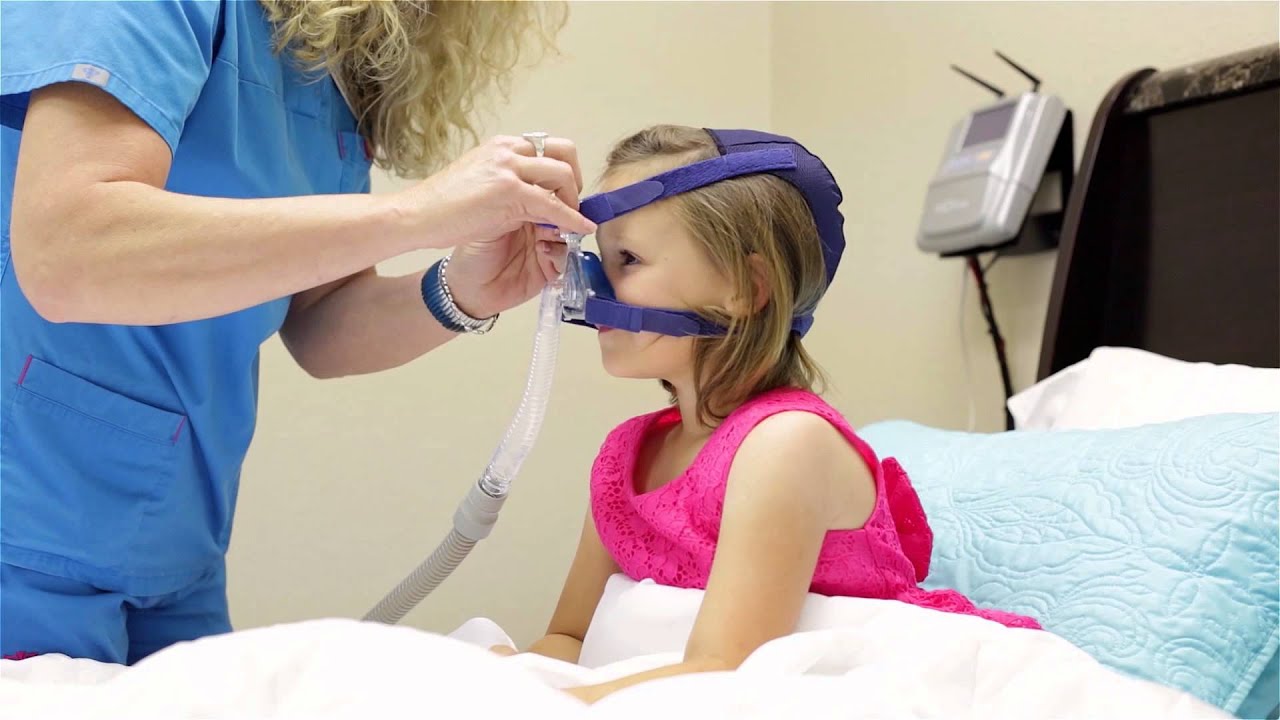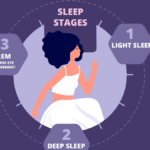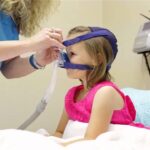Sleep apnea is a common sleep disorder that affects many people worldwide. It is characterized by interruptions in breathing during sleep, which can lead to disrupted sleep patterns and a range of health issues. Fortunately, there are convenient options for sleep apnea testing, such as home sleep apnea tests, available in Australia.
Understanding Sleep Apnea
Sleep apnea is a condition that causes individuals to stop breathing repeatedly during their sleep. This interruption in breathing can occur multiple times per night, disrupting the sleep cycle and leading to inadequate rest.
It’s important to note that there are three main types of sleep apnea: obstructive sleep apnea, central sleep apnea, and complex sleep apnea syndrome. Obstructive sleep apnea is the most common type and occurs when the throat muscles relax, blocking the airway. Central sleep apnea, on the other hand, happens when the brain fails to send proper signals to the muscles that control breathing. Complex sleep apnea syndrome is a combination of both obstructive and central sleep apnea.
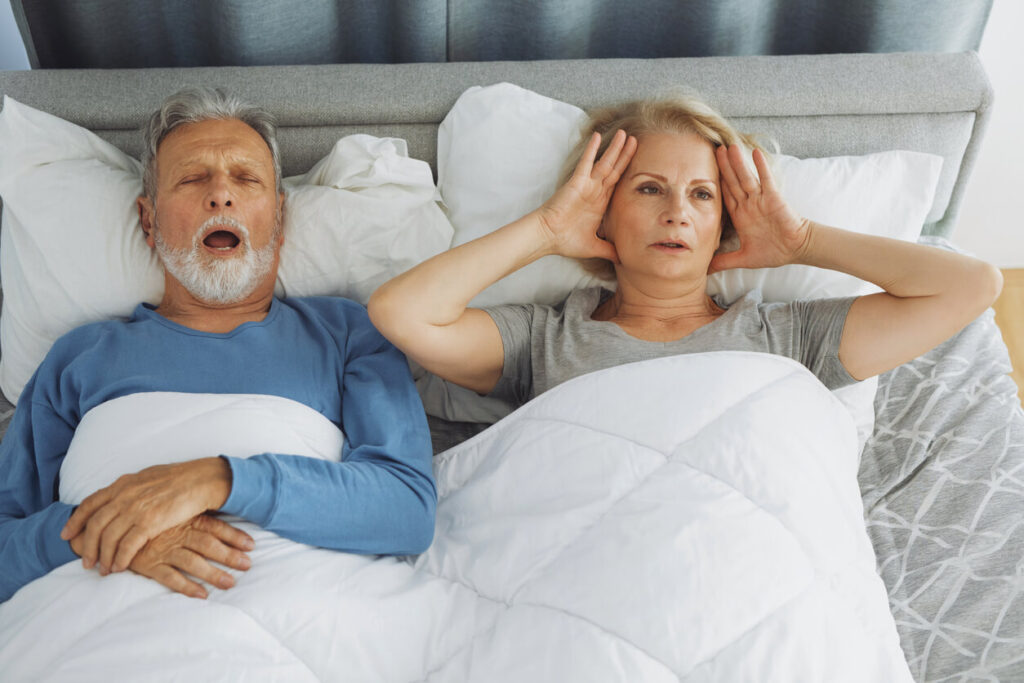
What is Sleep Apnea?
Sleep apnea is a sleep disorder characterized by the repeated cessation of breathing during sleep. It is typically caused by the relaxation of muscles in the throat and tongue, which obstructs the airway and limits the flow of oxygen to the lungs.
Individuals with sleep apnea often experience fragmented sleep, as the interruptions in breathing can lead to frequent awakenings throughout the night. This results in poor sleep quality and can contribute to daytime fatigue and irritability.
Symptoms and Risks of Sleep Apnea
Common symptoms of sleep apnea include loud snoring, excessive daytime sleepiness, morning headaches, and difficulty concentrating. If left untreated, sleep apnea can lead to more serious health problems, including high blood pressure, heart disease, and stroke.
Furthermore, untreated sleep apnea can have a significant impact on one’s quality of life, affecting relationships, work performance, and overall well-being. Seeking treatment for sleep apnea is crucial in order to improve sleep quality, reduce health risks, and enhance daily functioning.
The Importance of Sleep Apnea Testing
It is crucial to get tested for sleep apnea if you suspect you may have this disorder. Sleep apnea testing helps determine the severity of the condition and allows for appropriate treatment to be administered.
When it comes to sleep apnea, testing is the first step towards regaining a good night’s rest and improving overall health. By undergoing a sleep study, healthcare providers can monitor your breathing patterns, heart rate, and other vital signs during sleep to accurately diagnose the presence and severity of sleep apnea.
Why Should You Get Tested?
Getting tested for sleep apnea is essential because it helps identify the underlying cause of sleep disturbances and ensures that the appropriate treatment is provided. Untreated sleep apnea can lead to a range of health issues, including fatigue, cognitive impairment, and an increased risk of accidents.
Moreover, diagnosing and treating sleep apnea can also have a positive impact on your quality of life. Improved sleep quality can enhance your mood, concentration, and overall well-being, allowing you to function better in your daily activities and relationships.
The Consequences of Untreated Sleep Apnea
If sleep apnea is left untreated, it can have significant negative effects on both physical and mental health. It can contribute to the development or worsening of conditions such as obesity, diabetes, depression, and anxiety.
Furthermore, untreated sleep apnea can strain your cardiovascular system, leading to an increased risk of heart disease, high blood pressure, and stroke. By addressing sleep apnea through testing and appropriate treatment, you can reduce these risks and improve your long-term health outcomes.
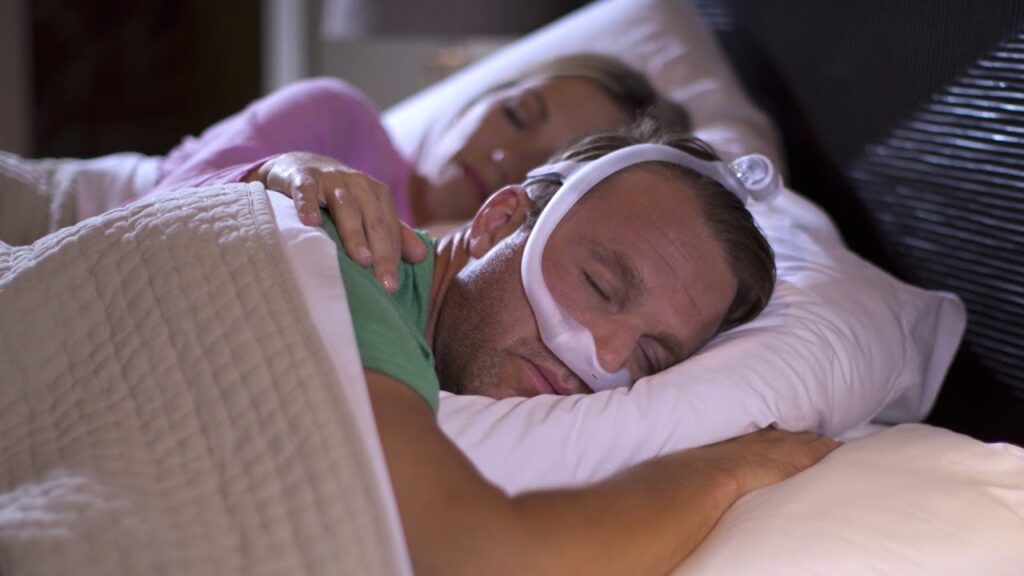
Traditional Sleep Apnea Testing Methods
Traditional methods of sleep apnea testing involve spending a night in a sleep laboratory or hospital. These tests monitor various parameters, including brain activity, eye movements, and muscle activity, to diagnose sleep apnea accurately.
Understanding the complexities of sleep apnea and its impact on overall health is crucial in the diagnosis and treatment of this condition. Sleep apnea is a common sleep disorder characterized by pauses in breathing or shallow breathing during sleep. These interruptions in breathing can lead to fragmented sleep, daytime fatigue, and other health issues if left untreated.
Overnight Sleep Studies
Overnight sleep studies, also known as polysomnograms, are conducted in sleep laboratories or clinics. During these studies, multiple sensors are attached to your body to record various physiological measures, such as brain waves, oxygen levels, heart rate, and breathing patterns. The collected data is analyzed by experts to determine if you have sleep apnea.
Polysomnography plays a vital role in diagnosing sleep apnea by providing detailed information about your sleep stages, body movements, and breathing patterns throughout the night. This comprehensive analysis helps healthcare providers tailor treatment plans to address your specific sleep apnea needs effectively.
In-Lab Sleep Tests
In-lab sleep tests require you to spend a night at a sleep clinic, where professionals will monitor your sleep patterns using specialized equipment. This testing method provides comprehensive data about your sleep and helps identify the presence of any sleep disorders, including sleep apnea.
During an in-lab sleep test, trained technologists observe your sleep behavior and collect data on various parameters, such as airflow, oxygen levels, and body movements. This in-depth evaluation allows healthcare providers to assess the severity of your sleep apnea and recommend appropriate treatment options to improve your sleep quality and overall well-being.
Home Sleep Apnea Testing in Australia
In recent years, home sleep apnea testing has become a popular alternative to traditional in-lab sleep studies. This convenient option allows individuals to undergo sleep apnea testing in the comfort of their own homes.
For individuals in Australia, home sleep apnea testing has gained significant traction due to its accessibility and ease of use. With the rise of telehealth services and advancements in medical technology, more Australians are opting for home-based sleep studies to diagnose and manage sleep disorders such as sleep apnea.
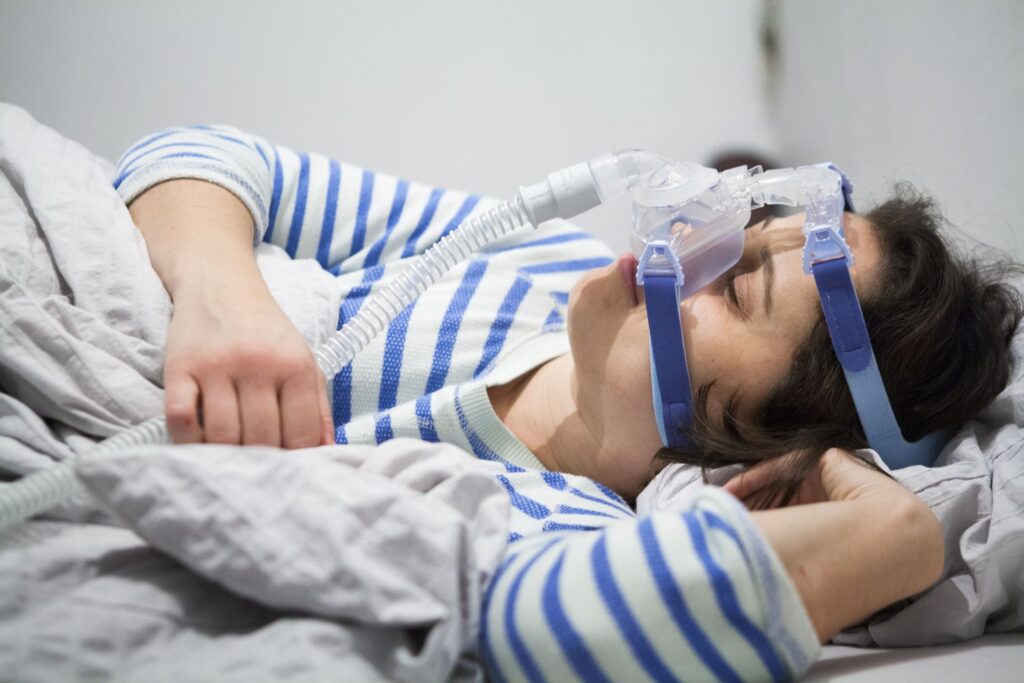
How Does Home Sleep Apnea Testing Work?
Home sleep apnea testing involves the use of a portable sleep monitoring device that records various parameters, including breathing patterns, heart rate, and oxygen levels. These devices are easy to use and are typically worn on the wrist or finger.
Once the monitoring device is set up, individuals can go about their regular bedtime routine in the familiar setting of their own bedroom. The data collected throughout the night provides valuable insights into their sleep patterns and helps healthcare providers make an accurate diagnosis.
Benefits of Home Sleep Apnea Testing
Home sleep apnea testing offers several advantages over in-lab studies. It is more cost-effective, less time-consuming, and allows for a more natural sleep environment, leading to more accurate results. Additionally, many individuals find it less intimidating and more comfortable to undergo testing at home.
Moreover, home sleep apnea testing promotes patient autonomy and empowerment by enabling individuals to take an active role in monitoring their health. By participating in the testing process from the comfort of their homes, patients feel more in control of their healthcare journey and are more likely to adhere to treatment recommendations.
Choosing the Right Home Sleep Apnea Test
When considering home sleep apnea testing, it is essential to choose the right test for your specific needs and circumstances. Several factors should be taken into consideration before making a decision.
Home sleep apnea testing has become increasingly popular due to its convenience and accessibility. These tests allow individuals to monitor their sleep patterns and potentially detect sleep apnea from the comfort of their own homes. It is crucial to understand the different types of monitoring devices available for home sleep apnea testing, such as portable pulse oximeters or wearable sleep trackers, to determine which option best suits your needs.
Factors to Consider
When selecting a home sleep apnea test, consider factors such as the type of monitoring device, ease of use, accuracy of results, and the level of support provided by the testing company. It is advisable to consult with a healthcare professional to determine the most suitable option for you.
Moreover, the accuracy of the results obtained from a home sleep apnea test is vital for proper diagnosis and treatment. Ensure that the testing company you choose has a reputation for providing reliable and precise results to avoid any potential misdiagnosis or incorrect treatment plans.
Understanding Test Results
Once you have completed a home sleep apnea test, it is crucial to understand the results accurately. The testing company should provide a detailed report that highlights any issues detected during the test. If you receive a positive diagnosis for sleep apnea, your healthcare provider can then recommend appropriate treatment options.
Furthermore, interpreting the results of a home sleep apnea test may require some guidance from a healthcare professional. Understanding the significance of variables such as apnea-hypopnea index (AHI) and oxygen desaturation levels can help you grasp the severity of your condition and make informed decisions regarding treatment.
In conclusion, sleep apnea is a common sleep disorder that can have serious health implications if left untreated. Convenient home sleep apnea testing options are available in Australia, providing individuals with a comfortable and accessible way to diagnose this condition. Whether you choose a traditional in-lab sleep study or opt for the convenience of home testing, the most important thing is to prioritize your health and seek the necessary treatment for sleep apnea.
Related: Melbourne Sleep Apnea Test and What You Need to Know
